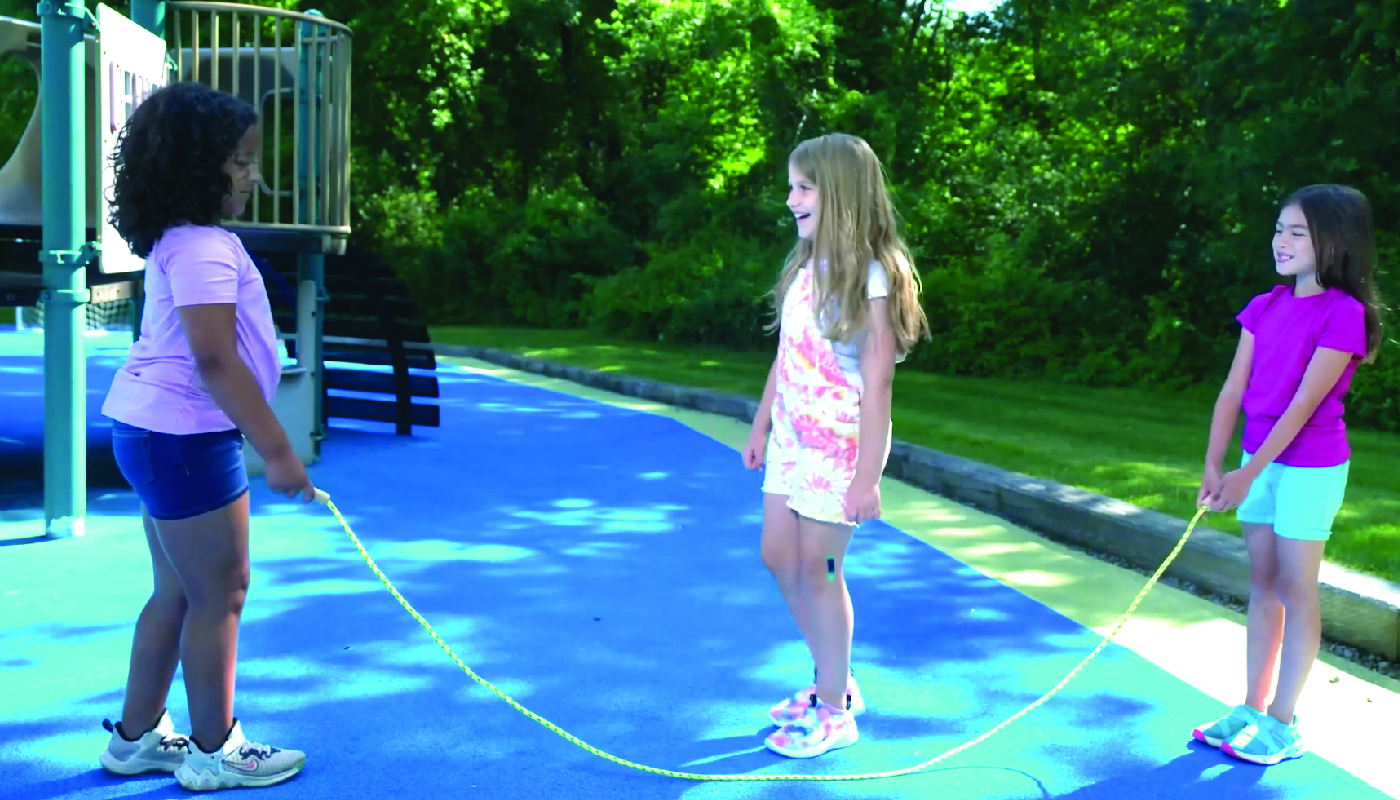
Conflicts on the playground are a common occurrence, and as educators, it’s essential to teach students how to handle these situations effectively. This blog post will provide an overview of handling conflicts on the playground, a no-prep activity, discussion questions, related skills, and next steps for incorporating these principles into your classroom.
Introduction
Disagreements or arguments, also known as conflicts, can happen on the playground and may cause students to feel upset or uncomfortable. Common causes of playground conflicts include someone feeling excluded, not getting a turn, not playing by the rules, or not being a good sport. By teaching students the problem-solving steps to handle conflicts on the playground, we can help them navigate these situations and ensure everyone feels better and safe.
No-Prep Activity
The “Conflict Resolution Role Play” is an excellent no-prep activity for educators to teach students how to handle conflicts on the playground. Divide the class into small groups and provide each group with a common playground conflict scenario, such as someone not sharing a toy or not taking turns on the slide. Have the students in each group take turns acting out the roles of the individuals involved in the conflict. Encourage them to use the problem-solving steps outlined below to resolve the issue:
- Identify the problem.
- Determine the size of the problem.
- Think of three solutions to the problem.
- Choose a solution.
- Decide if the problem is solved.
After each group has completed their role play, bring the class together to discuss the different solutions and how they led to a resolution.
Discussion Questions
- What are some common causes of conflicts on the playground?
- Why is it important to consider how others might be feeling when trying to resolve a conflict?
- Can you think of a time when you experienced a conflict on the playground? How did you handle it?
- What are some ways to prevent conflicts from happening in the first place?
- How can we support our friends or classmates when they are involved in a conflict?
Related Skills
In addition to conflict resolution, there are several other skills that can help students navigate social situations on the playground. These include:
- Effective communication: Being able to express one’s feelings and thoughts clearly and respectfully.
- Active listening: Paying close attention to what others are saying and responding appropriately.
- Empathy: Understanding and sharing the feelings of others.
- Assertiveness: Standing up for oneself and one’s beliefs in a respectful and confident manner.
- Cooperation: Working together with others to achieve a common goal.
Next Steps
To continue building on these essential social-emotional learning skills, sign up for free samples of the discussed skills and others at Everyday Speech. These resources will provide you with additional activities, videos, and guidance to help your students develop the skills they need to handle conflicts on the playground and beyond.

